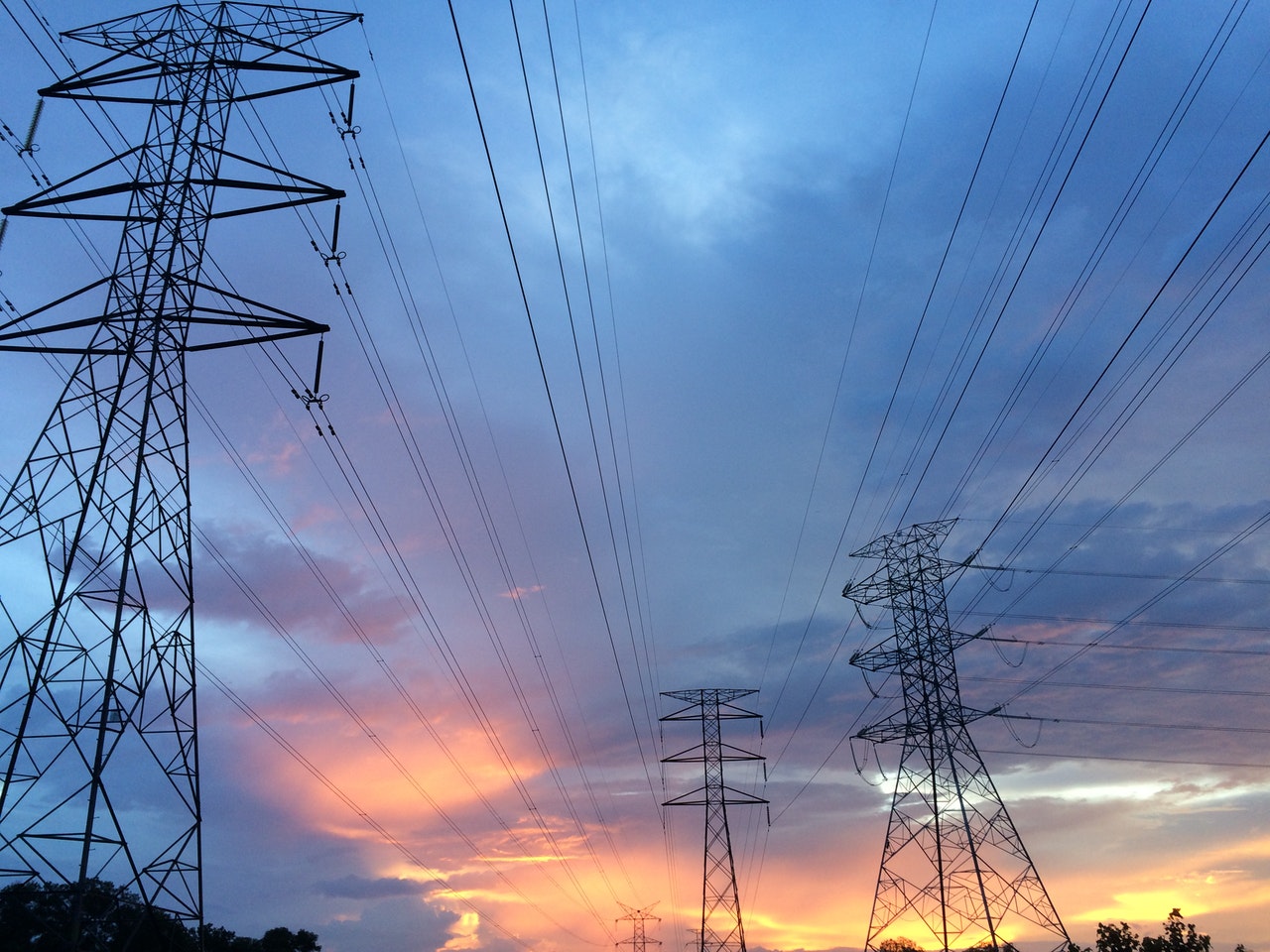As many as 69 percent of Poles plan to pay closer attention to their energy consumption during this summer’s vacation season compared to previous years, according to latest polling.
A survey by the Institute of Economic and Social Studies (IBRiS) shows that only one in three respondents unplugs unused electrical equipment when leaving home for one or two days. This issue seems the most important for inhabitants of small towns. The study also revealed that the awareness of devices’ energy consumption in so-called sleep mode is still very low. The fact that diodes are lit on routers, TVs, or laptops is still not a clear sign for everyone that the equipment is constantly drawing energy in order to stay ready for a quick start.
Rising electricity prices make rational use of electrical equipment especially important for households. While consumers may have no control over the price of electricity, they can greatly influence the amount of their energy bills by making more frugal choices on usage.
The most conscientious, when it comes to unplugging unused equipment, are those living in towns with less than 50,000 residents — 54 percent of them remember to unplug electrical equipment even during short trips. However, one in three people, 31 percent, does this only during longer vacations. In this respect, residents of larger cities are more disciplined — over half, 54 percent — remember to switch off electronic appliances in the case of long trips, but only one in four unplugs unused equipment during a few days of absence.
Interestingly, young people are much more aware of the necessity to unplug their appliances, with half of respondents aged 18 to 29 always unplugging them before short trips. Other age groups show different results. Among Poles aged 30-39, one in three of the respondents unplugs electrical equipment even for one to two days and over half always do when going for a longer vacation. Meanwhile, 23 percent of people aged over 40 unplug unused equipment during short absences from home and 51 percent say they do so in the case of longer trips.
In most households, the only equipment that realistically needs to remain plugged in during longer absences is the refrigerator and freezer. The rest should be turned off and unplugged due to the price of energy being needlessly drawn by appliances such as computers or TVs. A helpful solution here is a surge protector that allows for turning off multiple devices with one button.
“The simplest of measures in this field are still taken by too small a part of society. Only a solidarity-based approach to the topic and rational energy use in all fields of life will bring expected results in the form of cost reduction,” said Magda Smokowska, advisor to the Polish Committee of Electrical Energy.






